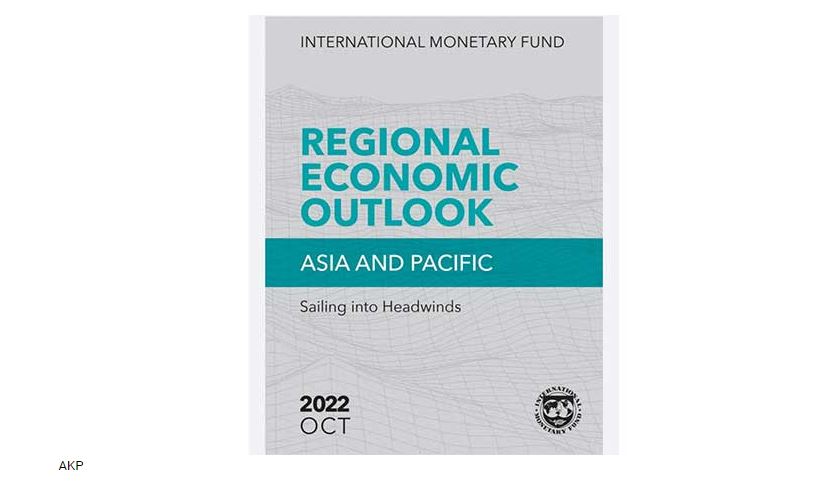IMF sees inflation having similar impacts on poverty in Cambodia and Vietnam
The International Monetary Fund (IMF) expects higher food and energy prices to have similar impacts on relative poverty in Cambodia and Vietnam.
In its outlook for Asia and the Pacific released in Singapore last week, the IMF also said that the consequences for vulnerable Cambodian and Vietnamese households were likely to be about five times greater than those in China.
The IMF estimates relative poverty at about 25 percent in Cambodia, 19 percent in Vietnam and 21 percent in China — based on the proportion of households living below half of median income per capita.
Based on household surveys and a July update to its world economic outlook, the IMF said inflation projections suggested that relative poverty might rise by one percentage point in Cambodia and Vietnam but only two-tenths of a point in China.
“Differences across countries reflect higher inflation forecasts in Cambodia and Vietnam, and the different shapes of income distributions,” it said.
If governments decide to support vulnerable households for income eroded by inflation, the IMF estimates the costs at 0.15 percent of GDP in Cambodia, 0.06 percent in Vietnam, and 0.03 percent in China.
DOWNSIDE RISK SCENARIOS
The outlook meanwhile found that downside risks from worse-than-expected global economic conditions could shave about a percentage point off growth in the Asia-Pacific region next year, reducing GDP expansion to around 3.5 percent.
Among seven ASEAN economies examined, the IMF estimated growth reductions of about 2 percentage points for Vietnam, Singapore and Cambodia, about 1.5 points for Malaysia and Thailand, and about 1 point for the Philippines and Indonesia.
The estimates are based on three downside risks — a deeper-than-expected slowdown in China, a broader global slowdown with economic stagnation in the United States and the euro area, and tighter financial conditions.
“In the short term, an intensification of the war in Ukraine could drive up commodity prices and make the slowdown in demand from the United States and European Union deeper and more persistent than expected,” the outlook said.
“Likewise, the materialisation of risks from China’s property sector could deepen its slowdown and stretch it into 2023.”
The IMF warned that tighter financial conditions could reflect “unexpected market reactions” after a decade of loose monetary policy in which central banks in advanced economies kept interest rates at historic lows in the wake of the global financial crisis that erupted in 2008. AKP-Sao Da


 English
English




